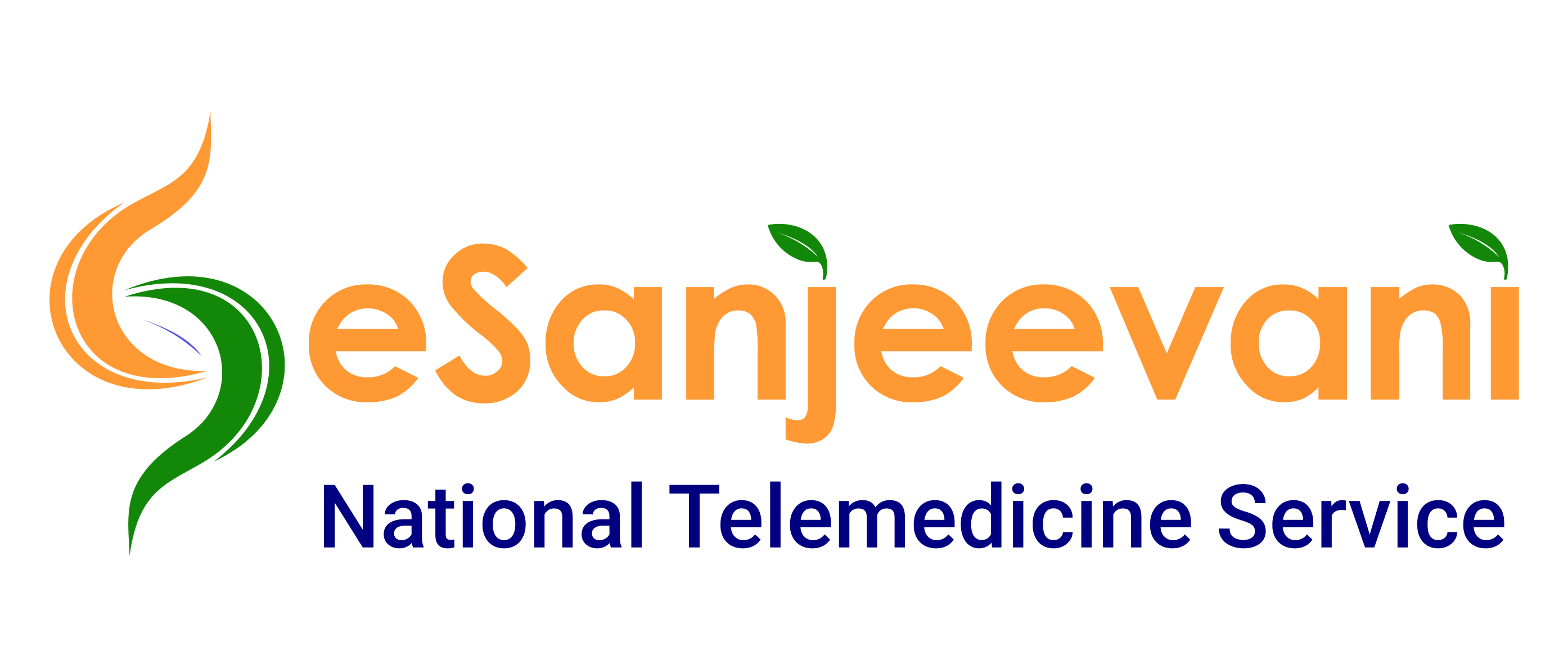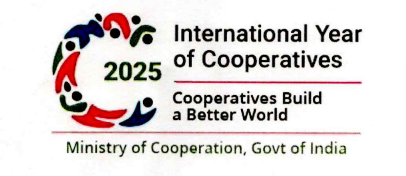Submitted by admin1 on
Posted On: 06 DEC 2024 4:03PM by PIB Delhi
Under the National Health Mission (NHM), the Government of India implements programs for all pregnant women and children to improve maternal and child health outcomes, including Scheduled Castes (SC) and Scheduled Tribes (ST) population across all States and Union Territories (UTs).
The programs implemented for pregnant women and children are as follows:
- Janani Suraksha Yojana (JSY) is a demand promotion and conditional cash transfer scheme for promoting institutional delivery.
- Janani Shishu Suraksha Karyakram (JSSK) entitles all pregnant women and sick infants (up to one year of age) delivering in public health institutions to have free and no-expense delivery, including cesarean section. The entitlements include free drugs, consumables, free diet during the stay, free diagnostics, free transportation, and free blood transfusion if required. Similar entitlements are also in place for sick infants up to one year of age.
- Pradhan Mantri Surakshit Matritva Abhiyan (PMSMA) provides pregnant women a fixed day, free of cost, assured and quality antenatal checkup by a Specialist/Medical Officer on the 9th day of every month.
Extended PMSMA strategy ensures quality antenatal care (ANC) to pregnant women, especially to high-risk pregnant (HRP) women, and individual HRP tracking until a safe delivery is achieved through financial incentivization for the identified high-risk pregnant women and accompanying Accredited Social Health Activists (ASHAs) for extra 3 visits over and above the PMSMA visit.
- Village Health Sanitation and Nutrition Days (VHSNDs) are observed for the provision of maternal and child health services and for creating awareness on maternal and child care including nutrition in convergence with the Ministry of Women and Child Development.
- Reproductive and Child Health (RCH) portal is a name-based web-enabled tracking system for pregnant women and newborns to ensure seamless provision of regular and complete services to them including antenatal care, institutional delivery, and postnatal care.
- Mother and Child Protection (MCP) Card and Safe Motherhood Booklet are distributed to pregnant women to educate them on diet, rest, danger signs of pregnancy, benefit schemes, and institutional deliveries.
- Facility-Based Newborn Care: Neonatal Intensive Care Units (NICUs)/ Special Newborn Care Units (SNCUs) are established at Medical College and District Hospital, Newborn Stabilization Units (NBSUs) are established at First Referral Units (FRUs)/ Community Health Centres (CHCs) for the care of sick and small babies.
- Kangaroo Mother Care (KMC) is implemented at the facility and community level for low birth weight/ pre-term babies. It includes early and prolonged skin-to-skin contact with the mother or family member and exclusive and frequent breastfeeding.
- Community-based care of Newborn and Young Children: Under Home Based Newborn Care (HBNC) and Home-Based Care of Young Children (HBYC) programs, home visits are performed by ASHAs to improve child-rearing practices and to identify sick newborns and young children in the community for referral to a health facility.
- Universal Immunization Programme (UIP) is implemented to provide 11 vaccines to protect children against 12 preventable diseases.
- Mothers’ Absolute Affection (MAA): Early initiation and exclusive breastfeeding for the first six months and appropriate Infant and Young Child Feeding (IYCF) practices are promoted under Mothers’ Absolute Affection (MAA).
- Social Awareness and Actions to Neutralize Pneumonia Successfully (SAANS) initiative has been implemented since 2019 for the reduction of childhood morbidity and mortality due to Pneumonia.
- STOP Diarrhoea initiative is implemented to promote the use of ORS and Zinc and to reduce morbidity and mortality due to childhood diarrhoea.
- Rashtriya Bal Swasthya Karyakram (RBSK): Children from 0 to 18 years of age are screened for 32 health conditions (i.e. Diseases, Deficiencies, Defects, and Developmental delays) under Rashtriya Bal Swasthya Karyakram (RBSK) to improve child survival. District Early Intervention Centres (DEICs) at the district health facility level are established for the confirmation and management of children screened under RBSK.
- Nutrition Rehabilitation Centres (NRCs) are established at public health facilities where children with Severe Acute Malnutrition (SAM) and medical complications are admitted for treatment.
- Regular IEC/BCC is also a part of all the schemes for greater demand generation. Health and nutrition education through mass and social media is also promoted to improve healthy practices and to generate demand for service uptake.
Further, under NHM, tribal areas have following relaxed norms addressing the need-based intervention in terms of healthcare infrastructure and human resources:
- Health facility: The population norms for setting up SHC, PHC, and CHC in tribal and hilly areas have been relaxed from 5,000, 30,000, and 1,20,000 to 3000, 20,000, and 80,000 respectively.
- ASHAs: The States/ UTs have been provided with the flexibility of relaxing the norm of one ASHA per 1000 population to one ASHA per habitation in tribal/ hilly and difficult areas.
- Mobile Medical Units (MMUs): The provision of two MMUs per district in plain areas is relaxed to 4 MMUs per district in tribal/ hilly/ inaccessible/ remote and hard-to-reach areas. There is further relaxation of up to 10 MMUs per district in Particularly Vulnerable Tribal Groups (PVTG) areas under Pradhan Mantri Janjati Adivasi Nyaya Maha Abhiyan (PM JANMAN). There is a provision of additional ANM in the Multi-Purpose Centre (MPC) with basic drugs and diagnostics facilities under PM JANMAN.
The Union Minister of State for Health and Family Welfare, Smt. Anupriya Patel stated this in a written reply in the Lok Sabha today.
****
MV
HFW/ Steps taken by the govt for Maternal and Child Health of SC/ST population/06 December 2024/3
Read this release in: Hindi , Tamil






 स्वास्थ्य एवं परिवार कल्याण मंत्रालय
स्वास्थ्य एवं परिवार कल्याण मंत्रालय 





























